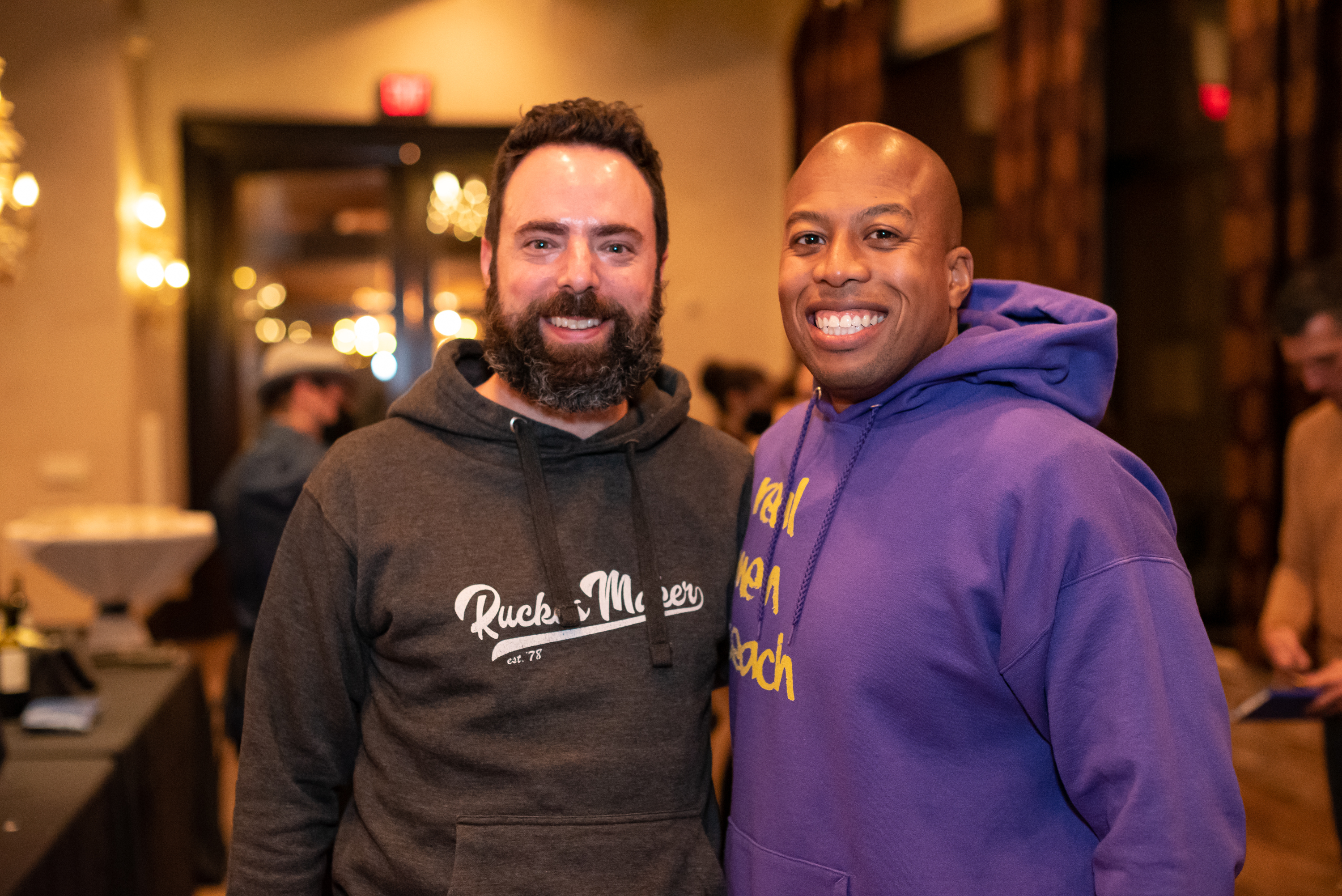Years ago, Atul Gawande wrote an article called “Personal Best” in The New Yorker. He explores the question, “Should a surgeon have a coach?”
Think about it. If top performers in every other industry have coaches, then why not surgeons?
Any athlete at the top of their game has a coach. Most musicians have coaches too. Actors and actresses have coaches.
So why not surgeons?
Life is on the line everyday in their profession.
And why not principals?
Surely, principals and assistant principals should experience leadership coaching too.
The stakes are also high in education.
Student achievement and the doors opened via an excellent educational experience matter.
But in reality, the data shows that principals are not utilizing this kind of professional development.

Shocking statistics: School leaders are not experiencing coaching.
A 2020 research study done by the Learning Policy Institute and NAESP found that 23% of school leaders had access to a mentor or coach in the past two years (and only 10% of principals who served in high-poverty schools).
Said another way: The majority of school leaders do not receive additional support in the form of coaching and mentorship.
So it would be unrealistic for district leaders to expect administrators to improve student learning, elevate instruction, develop teacher leaders, and build a world-class culture, without this kind of support.
All these practices are less likely to occur without districts providing adequate support to school principals in the form of coaching.
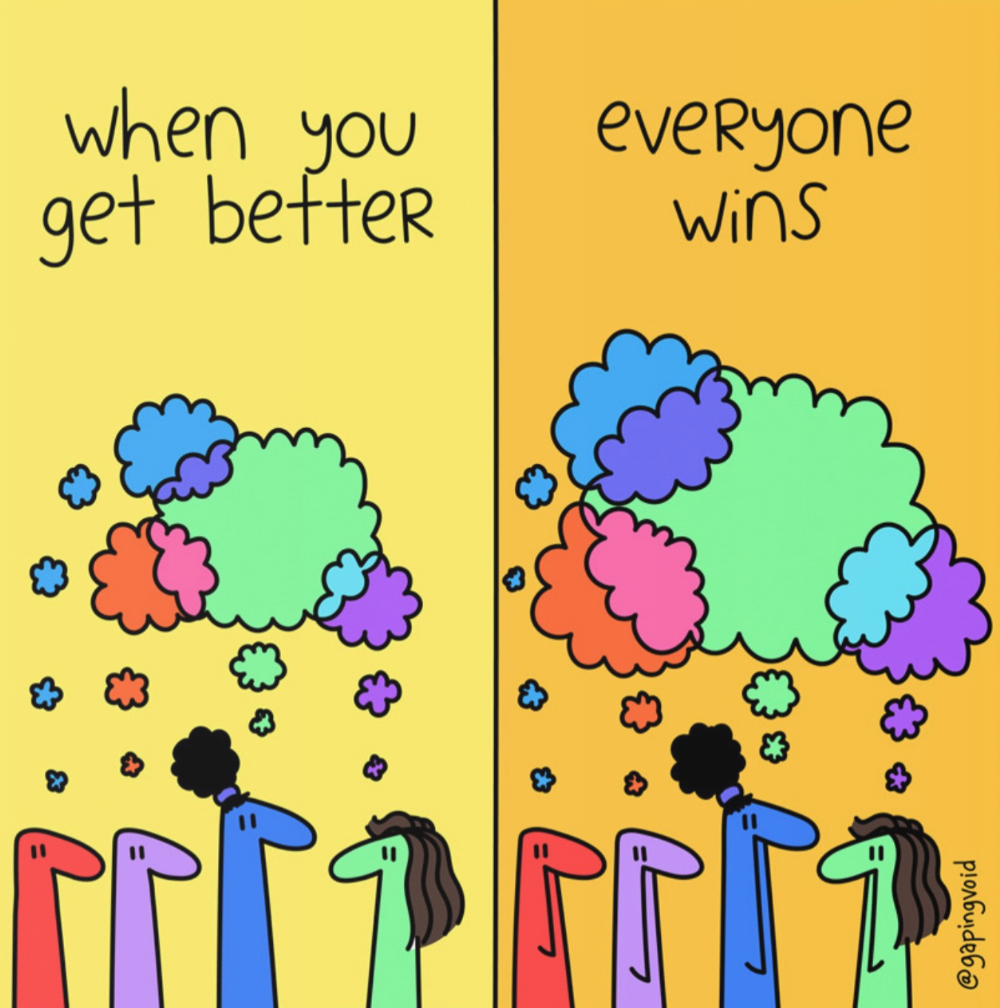
Of all the school improvement initiatives that districts could make a priority, offering their administrators coaching should be at the top of the list.
But alas, even if a district provides principal coaching, many principals have excuses for why they don’t pursue professional learning in the form of coaching.
And I do use the word excuses intentionally.
In any principal-coach relationship, it is important to be compassionate and candid.
Often leaders hide behind the “excuse” of a challenge. It let’s them off the hook. Permission granted to play small.
I believe there is always a solution to a challenge.
And if you agree, then there is no place for excuses to exist.
I define an excuse as this way: A challenge a leader has internalized so they can continue to “play small” and push ownership to anyone or anything else but themselves.
So back to what the data shows about excuses …
Research shows principals did not take advantage of coaching and mentorship because:
- 67% said a lack of time
- 43% said insufficient building coverage
- 42% said not enough money
The best principals share many qualities.
At the top of the list is the ability to flip obstacles into opportunities.
In the next section, you’ll learn how to turn each of the most common excuses into excellent opportunities for professional growth.
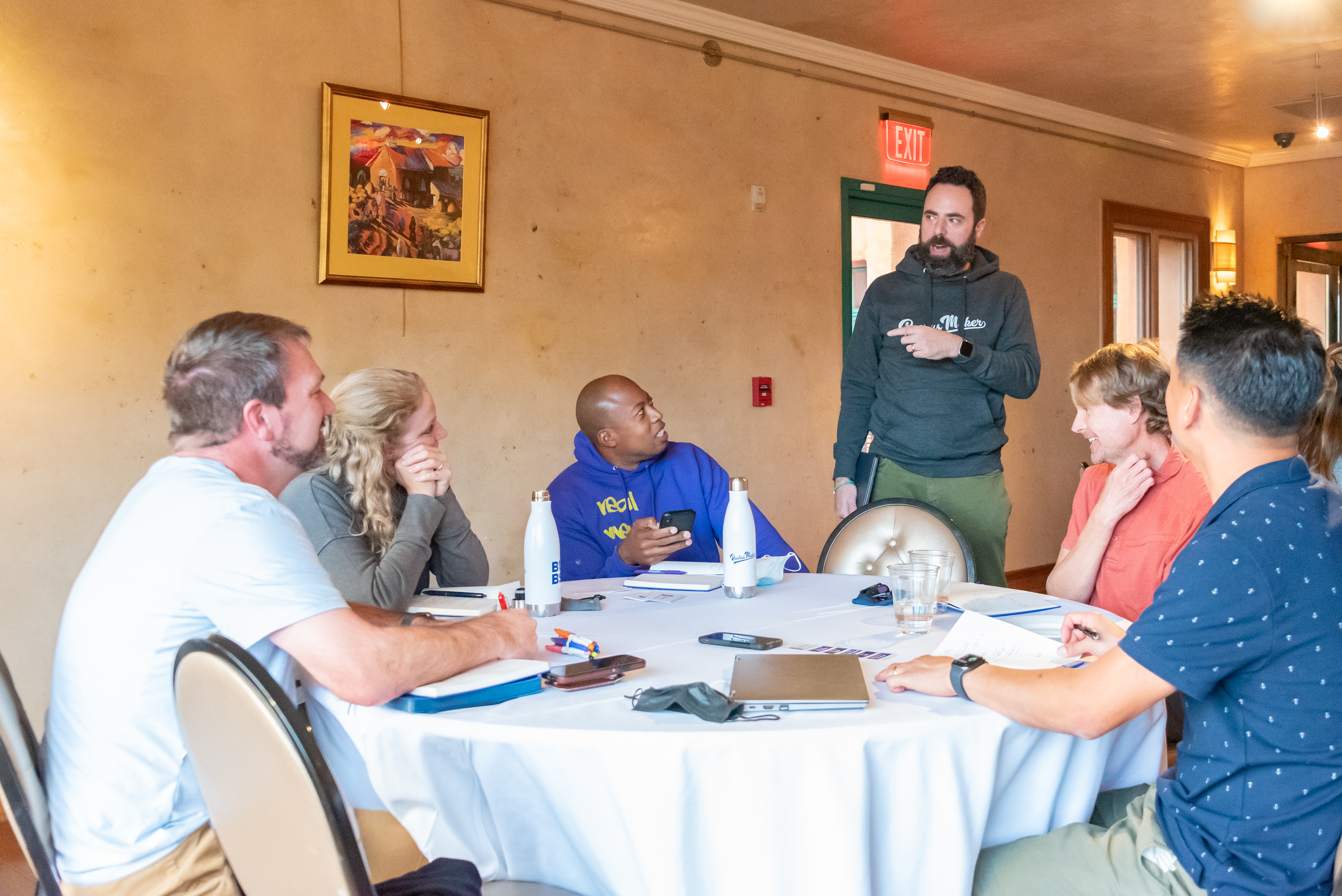
How to make time for leadership coaching.
Of all the constraints a principal faces, time is the biggest perceived challenge.
In education, I call the least effective administrators — Play-It-Safe Principals.
Play-It-Safe-Principals love to say, “There’s never enough time.“
But let’s say that principal is offered a new opportunity tomorrow …
Maybe they move from a small elementary school to a large comprehensive high school with 2000+ students. Does that principal now have more time?
What if the principal becomes a Superintendent … Do systems level leaders at the systems all of a sudden have more time?
What if a principal ascends to Commissioner of Education or even the Secretary of Education … Do leaders at the state and national level have any more time?
Imagine if you had to have emergency surgery tomorrow. Would you “find” the time to have it?
When people say they don’t have enough time, here’s what they are really saying:
I did not prioritize this thing I previously said I didn’t have time for.
That’s the truth. And as a leadership coach, I tell my clients the truth.

If you want to stop making excuses about time, do this today:
#1: Commit to NEVER complaining about time.
A funny thing happens when commit to stop complaining about time.
Just like that, your number one excuse vanishes.
You start readjusting your schedule. You focus on the priority.
Everything else can wait.
#2: Create (and honor) your boundaries
My favorite kind of leader to work with is what I call a Ruckus Maker.
Ruckus Makers are highly effective leaders who:
- consistently invest in their professional development
- challenge the status quo
- design the future of school, now
One way they challenge the status quo is by creating their Ruckus Maker Rules™.
Play-It-Safe-Principals — are overwhelmed, stressed out, and say YES to everything …
Ruckus Makers establish firm rules, aligned to their values, and focuses on the most important work.
As a result, they are able to create tremendous value for the districts they serve.
I have three personal rules:
- If it’s not a HELL YES, then it’s a NO! I refuse to get involved in anything I’m not excited about. Life is too short and there is too much I want to do.
- I will honor my health and relationships everyday. My health and my relationships are everything to me. Each day I make sure I’m eating well, doing some kind of physical activity, and connecting with people I care about.
- I only work with clients that demonstrate a bias for action. I’ve personally mentored hundreds of leaders helping them develop their leadership skills. These Ruckus Makers are successful because they take action. Working with someone who isn’t an action taker wastes both my time and their time.
So if you want to create your very own Ruckus Maker Rules™ you can do three things:
- Reflect and journal on your “perfect day.” Get as detailed as possible. If in your perfect day you drink a cup of coffee and read — describe the brand of coffee and the title of the book.
- Reflect on how you know when you’re successful. What do you feel and experience?
- Identify 3-5 rules that will allow you to consistently have perfect days and feel successful.
Once you have your riles established, practice them. No person is perfect. Learning is part of the adventure.
#3: Choose to invest in leadership coaching.
Making a choice today, “I’m the kind of person who invests in coaching.“
At Better Leaders Better Schools, we believe “When YOU get better … Everyone wins.”
That’s why it’s such a tragedy that over 75% of principals lack access to a mentor or coach.
Understand this: when you get better, your community gets better too.
You are worth it. Your community is worth it. Invest in coaching today.
Do you need building coverage to work with a coach?
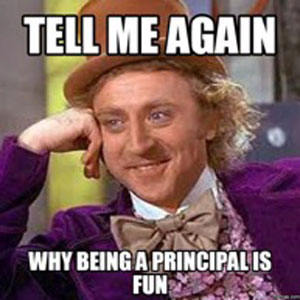
You don’t need building coverage to work with a mentor or coach and develop your leadership skills.
The majority of my one-on-one clients meet during their lunch or during the school day when their team of administrators can “cover” for them.
Emergencies do happen and most “emergencies” administrators are pulled into are actually not emergencies.
A school leader can easily take an hour once or twice a month to engage with a coach to practice self reflection and deep thinking if coaching is prioritized.
If you are a solo principal, it can be hard to engage during the day.
Luckily, Better Leaders Better Schools offers ten mastermind cohorts (Monday-Thursday) that meet after school hours — no coverage necessary.
How to pay for leadership coaching.
Educate yourself on the type of funds available in your school or district.
Some systems have very tight rules and every dollar is controlled by central office.
Other systems allow their leaders to choose how to invest their school resources.
Over the years, leaders we support have been very creative funding their one-on-one coaching, their Ruckus Maker Mastermind™ membership, their Principal Success Path™ participation.
Some of those creative ways have been leveraging:
- Budget lines specifically earmarked for professional development
- ESSER funds
- Title I funds
- Title II funds
- Title IV funds
- Grants
- PTA/PTO “scholarships”
- And believe it or not, many leaders “pay out of pocket” including this Distinguished Principal from Kansas.
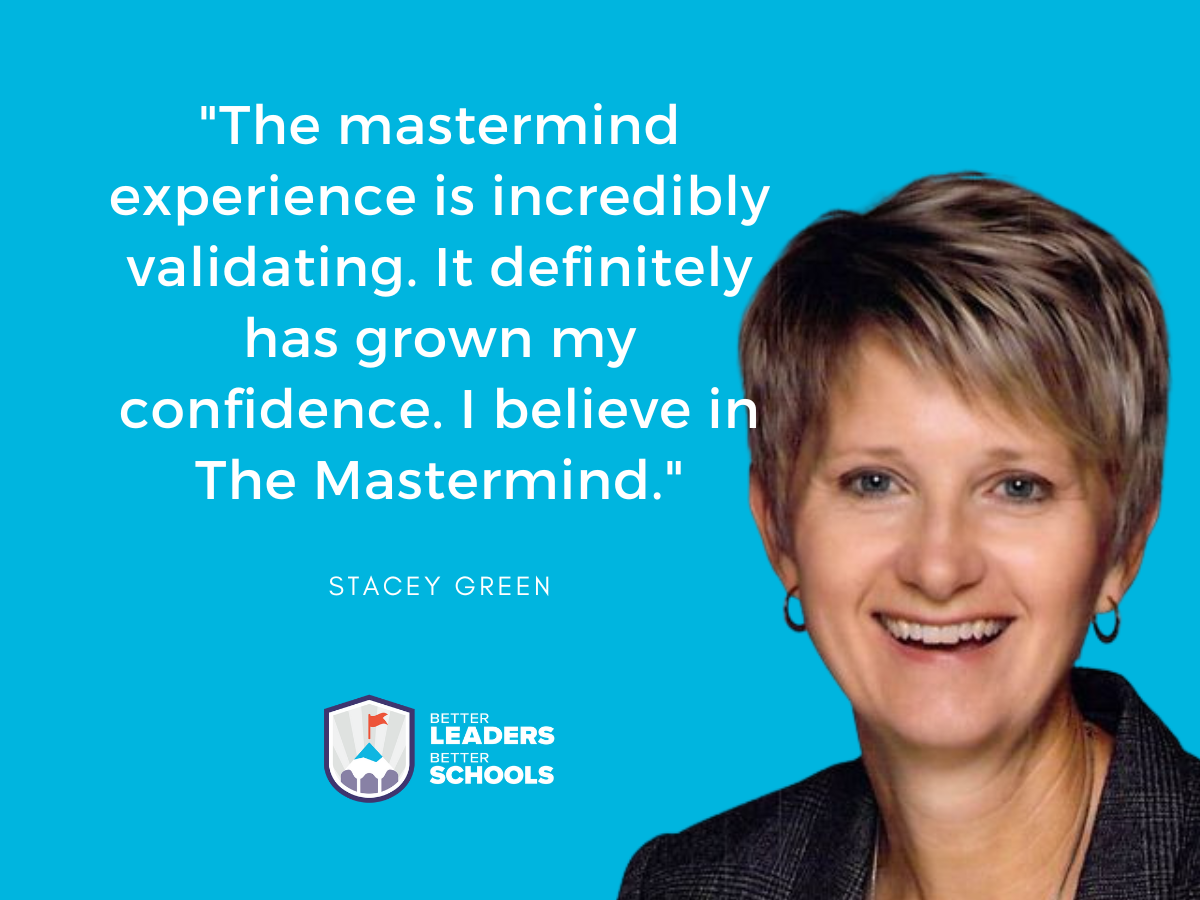
The truth most educators won’t tell you about professional development.
Most professional development is bad because it’s:
- Too Little Too Late
- Unhelpful, and
- Disconnected
I think that’s because professional learning is often an after thought.
There’s money left over in the budget and districts don’t want to lose that funding.
“Who can we bring in to inspire our school leaders and teachers?”
It’s not a strategic decision, and as a result, it’s a flop.
What to look for when hiring a coach.
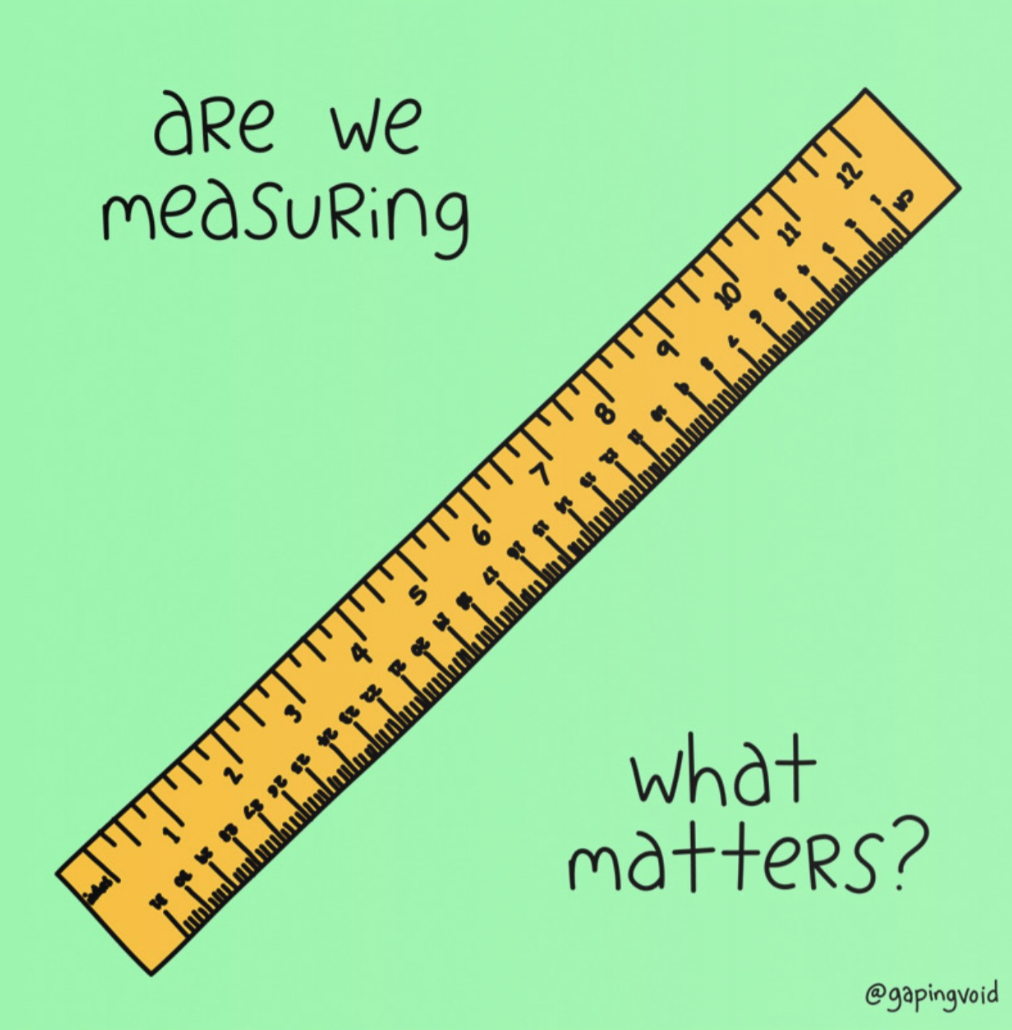
Coaching is effective when grounded in the ABCs of Powerful Professional Development®. Authenticity, Belonging, and Challenge are the building blocks of effective coaching.
At Better Leaders Better Schools, we only offer Responsive, Relevant, and Results Oriented Professional Development™ and publicly share a variety of case studies that show how our clients have become even more effective school leaders in our coaching programs.
We also openly share what our members say about their experience.
We are a learning organization and we are happy to share the research results we collect and what our “students” are teaching us about effective coaching.
Here’s a quick video unpacking the Q4 2022 quarterly survey results.
After watching the video, click the first comment on YouTube or right here to read the open-ended responses our clients shared.
What kind of results can you expect?
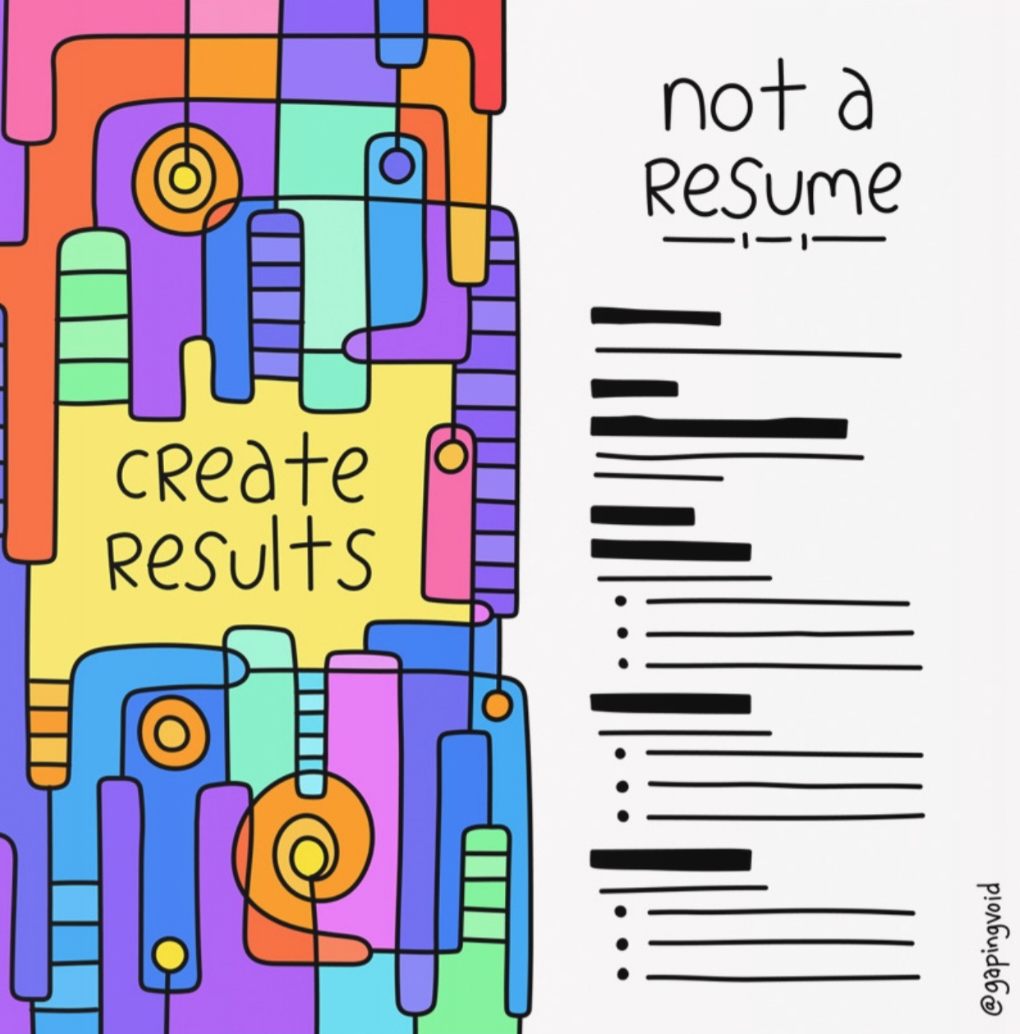
Generally speaking you will improve your leadership skills across a wide range of areas, including:
- Improve teaching on your campus
- Support teachers in meaningful ways
- Elevate your instructional leadership
- Increase student achievement
- Create more effective systems of support for your students and teachers
- Hire, retain, and develop your instructional coaches
- Foster collective efficacy among your staff
- Earn shared commitment among your teachers aligned to specific goals
- Build a comprehensive vault of resources and strategies
- Engage in reflective conversations about learning, curriculum and instruction, and culture
- Create and maintain a habit to regularly visit classrooms
- Provide feedback that lands as intended with your teachers
- Set a clear vision in collaboration with your teachers
- Encourage teams of teachers to collaborate and focus on practices that establish the foundation of student learning
- And so much more …
Here’s what to do next …
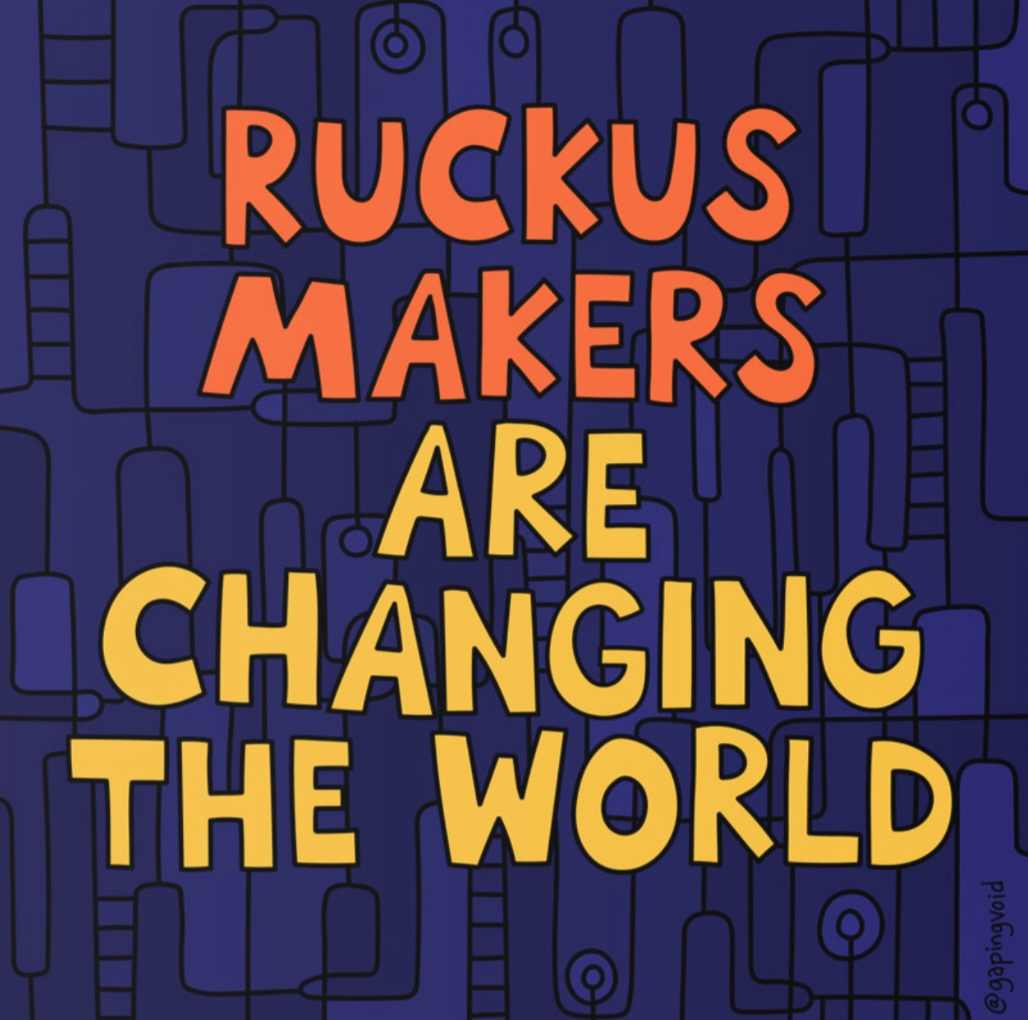
Whenever you are ready, check out our two flagship mentoring programs that support school improvement via principal coaching.
The Mastermind is an annual commitment. A weekly experience transforming PD for school leaders. Learn more about The Ruckus Maker Mastermind™ here.
If you work at the district level, please connect with me via email ([email protected]), LinkedIn, or call/text me at 312-788-7595 to learn more about how we support leaders via effective coaching.
It would be an honor to serve leaders in your system.
